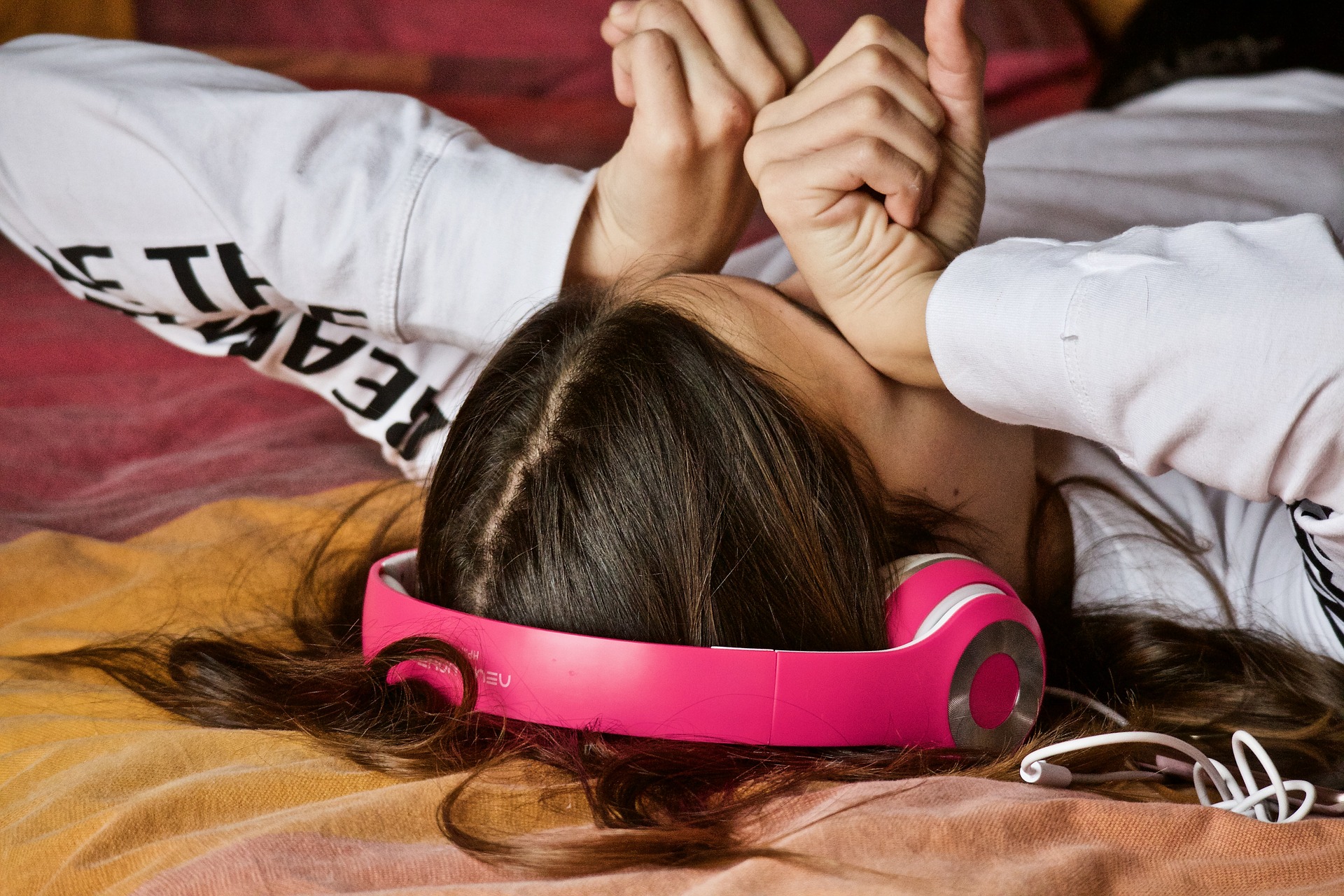Post-injury outcomes following non-sports related concussion: a CARE Consortium study.
Roby PR, Mozel AE, Arbogast KB, Buckley T, Caccese JB, Chrisman SP, Clugston JR, Eckner JT, Esopenko C, Hunt T, Kelly LA, McDevitt J, Perkins SM, Putukian M, Susmarski A, Broglio SP, Pasquina PF , McAllister TW, McCrea M, Head CL; Researchers from the CARE consortium. J Athl train. September 8, 2023. doi: 10.4085/1062-6050-0181.23. E-publishing prior to printing. PMID: 37681681.
Full text freely available
Take home message
Athletes who sustain a non-sports-related concussion, compared to a sport-related concussion, are more likely to delay reporting, take longer to return to play, and have more symptoms.
Background
Most concussions are not related to sports, but most concussion research includes only sports-related concussions. When non-sports-related concussions are reported in the literature, participants come from a specialized concussion clinic or emergency department, potentially biasing the population toward those with more severe injuries or longer recoveries.
Study objectives
The authors examined the reporting characteristics and clinical outcomes of non-sports-related concussions among collegiate athletes.
Methods
The authors used data from the NCAA-DOD CARE Consortium. They grouped the participants based on the mechanism of their concussion: sports-related or non-sports-related. The authors only analyzed a person’s first concussion. Demographic information, injury information, and outcomes include, but are not limited to, age, gender, race, ethnicity, sport, history of concussion, the physician who made the initial diagnosis, time of reporting, delayed onset of symptoms, and a graduated symptom checklist. The authors also analyzed recovery outcomes, including duration of symptoms, provider who cleared the patient, and whether the patient experienced a slow recovery, which was defined as ≥14 days to asymptomatic or ≥24 days to indefinite return to play.
Results
The authors were able to analyze 3,500 people who suffered a concussion, 555 of which were non-sports related. Women suffered more than twice as many (23% versus 10%) non-sports-related concussions as men. The most common mechanisms of non-sports-related concussions were falls, slips or trips (28%), being hit by an object (26%), car accidents (20%) and unintentional contact with another person (9%). Patients who suffered a non-sports related concussion were less likely to report it immediately. They were four times more likely to require hospital transport, had greater severity of symptoms, longer duration of symptoms and more days lost due to injury. Athletes with a non-sports-related concussion were 1.5 times more likely to have a slow recovery and a greater chance of being diagnosed and cleared by a primary care physician than athletes with a sports-related concussion.
Viewpoints
Providers should keep in mind that patients who sustain a non-sports-related concussion are more likely to delay reporting, have a higher symptom burden, and take longer to recover. Athletic trainers must appreciate the unique challenges a patient with a non-sports-related concussion experiences in order to provide the same level of high-quality care.
Clinical implications
Sports medicine personnel can serve as a resource and advocate for education and referrals for patients who sustain a non-sports-related concussion. It is also important to emphasize to athletes the importance of reporting all concussions immediately, regardless of whether they occur during sport.
Related posts
Don’t wait any longer and report your concussion today
CDC HEADS UP program increases concussion knowledge and injury communication
Written by Mitch Barnhart
Reviewed by Jeffrey Driban


Leave a Reply